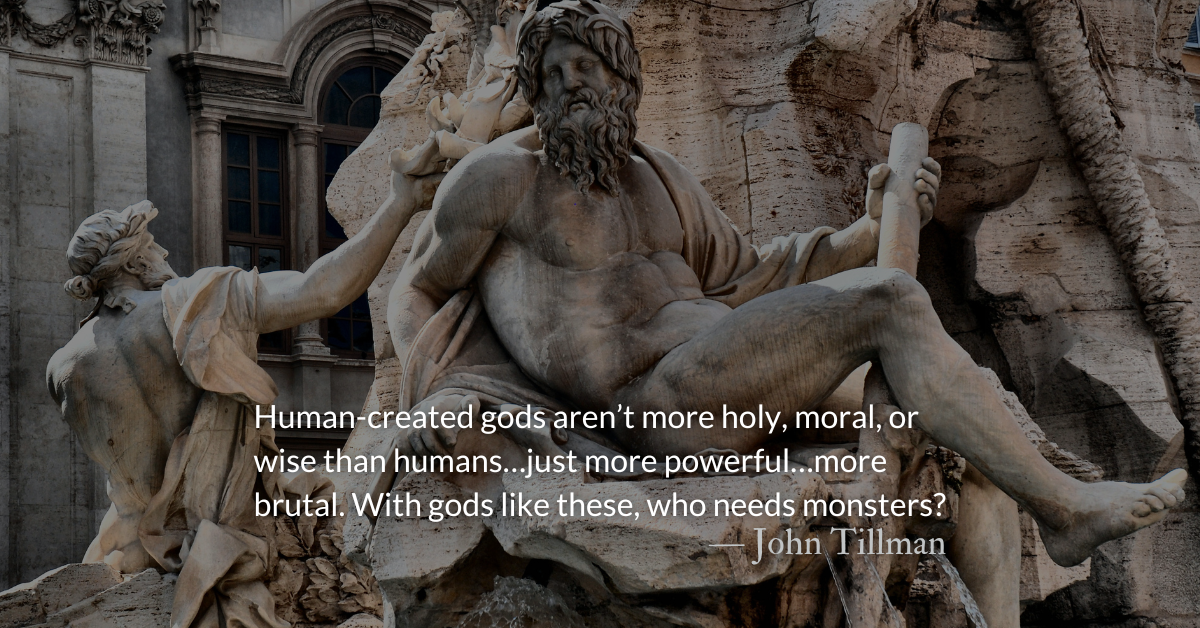Scripture Focus: Acts 28.23-28
23 They arranged to meet Paul on a certain day, and came in even larger numbers to the place where he was staying. He witnessed to them from morning till evening, explaining about the kingdom of God, and from the Law of Moses and from the Prophets he tried to persuade them about Jesus. 24 Some were convinced by what he said, but others would not believe. 25 They disagreed among themselves and began to leave after Paul had made this final statement: “The Holy Spirit spoke the truth to your ancestors when he said through Isaiah the prophet:
26 “ ‘Go to this people and say,
“You will be ever hearing but never understanding;
you will be ever seeing but never perceiving.”
27 For this people’s heart has become calloused;
they hardly hear with their ears,
and they have closed their eyes.
Otherwise they might see with their eyes,
hear with their ears,
understand with their hearts
and turn, and I would heal them.’
28 “Therefore I want you to know that God’s salvation has been sent to the Gentiles, and they will listen!”
Reflection: Calluses Aren’t Forever
By John Tillman
Calluses develop. We aren’t born with them.
Frequent friction forms calluses that are intended to protect us and, in some cases, help us. I have not played guitar in a long time, but my left hand used to have callus-tipped fingers. Even without a guitar in my hand, calluses marked me as an instrumentalist. If I nervously drummed my fingers on a table or desk, the tell-tale percussive taps of my calloused left hand were louder and sharper than the muted taps from my right.
Before the calluses formed, my tender fingertips could not stand to practice long without severe pain from the pressure and friction of the tiny metal strings. Once formed, the calluses, helped me play longer. (But not much better, unfortunately.)
The calloused hands of manual laborers testify to the hard work they regularly do. You don’t get calloused hands doing yard work once a week. You get them changing tires, or replacing roofs, or landscaping for long hours daily.
Physical calluses are badges of honor for hard work, frequently done. They indicate, in most cases, dedication and strength. The Bible speaks of calluses that are non-physical. We can have calloused ears that don’t hear, calloused hearts that don’t feel, calloused minds that refuse gospel arguments, and calloused souls that reject God.
Calluses of ears, hearts, minds, and souls don’t develop, as physical ones do, from hard work and frequent use. They develop from avoiding hard things and refusing to listen. When Paul addressed the Jewish community in Rome, “some were convinced…but others would not believe.” Paul quoted a warning from Isaiah to these individuals that they would become calloused. (Isaiah 6.9-10) Jesus also referred to this warning. (Matthew 13.13-16)
After his warning, Isaiah asked, “How long, Lord?” (Isaiah 6.11) The Lord’s answer included suffering and destruction, but also hope. God told Isaiah that the calloused hearts, ears, and eyes were temporary. Jesus and Paul knew this too. Calluses aren’t forever.
Do you know people with gospel-resistant calluses? Do they stop their ears? Do they refuse to listen? (Acts 7.51-52) Don’t give up on them. Pray that they will stop resisting.
I no longer play guitar and today my left hand is as soft and sensitive as my right. Stay sensitive to those with calloused hearts. Reducing friction allows calluses to soften. Paul spoke “all day long” and some believed. Have patience and don’t be ashamed to share the gospel with the calloused.
Divine Hours Prayer: A Reading
Jesus taught us, saying: “Enter by the narrow gate, since the road that leads to destruction is wide and spacious, and many take it; but it is a narrow gate and a hard road that leads to life, and only a few find it.” — Matthew 7.13-14
– From The Divine Hours: Prayers for Summertime by Phyllis Tickle.
Today’s Readings
Isaiah 41 (Listen 5:00)
Acts 28 (Listen 4:56)
This Weekend’s Readings
Isaiah 42 (Listen 4:11), Psalm 107 (Listen 4:12)
Isaiah 43 (Listen 4:06), Psalms 108-109 (Listen 4:28)
Read more about Types of Blindness
Even those who already believe can be blinded…There are many types of blindness. Jesus heals them all.
Read more about Student Writers Month
Support our 2024 student writers. Donations from July 15 through August 9th will go to scholarship stipends. Read student bios and donate through our website.











